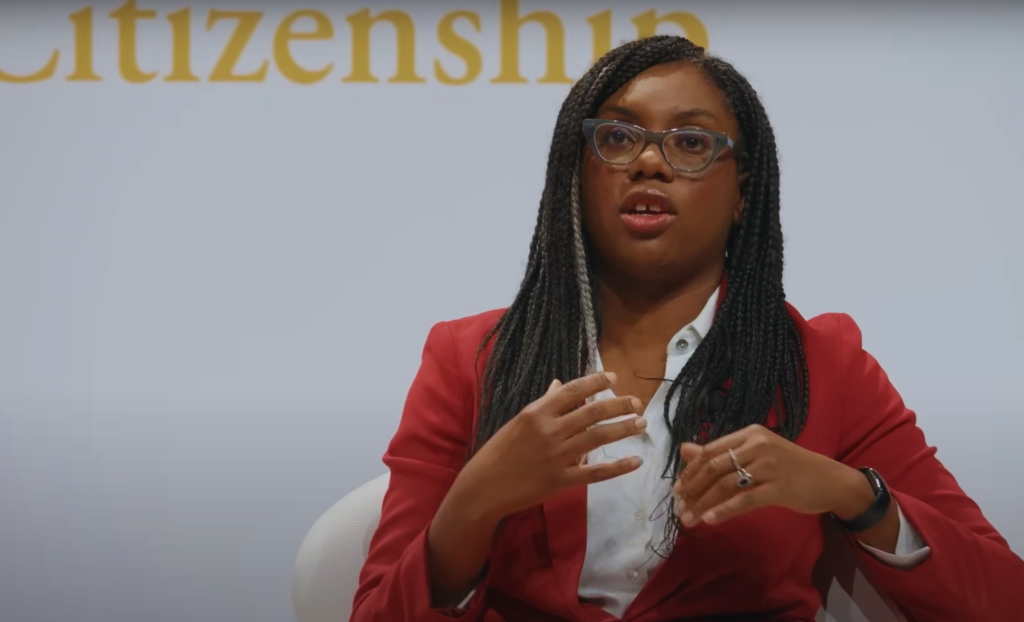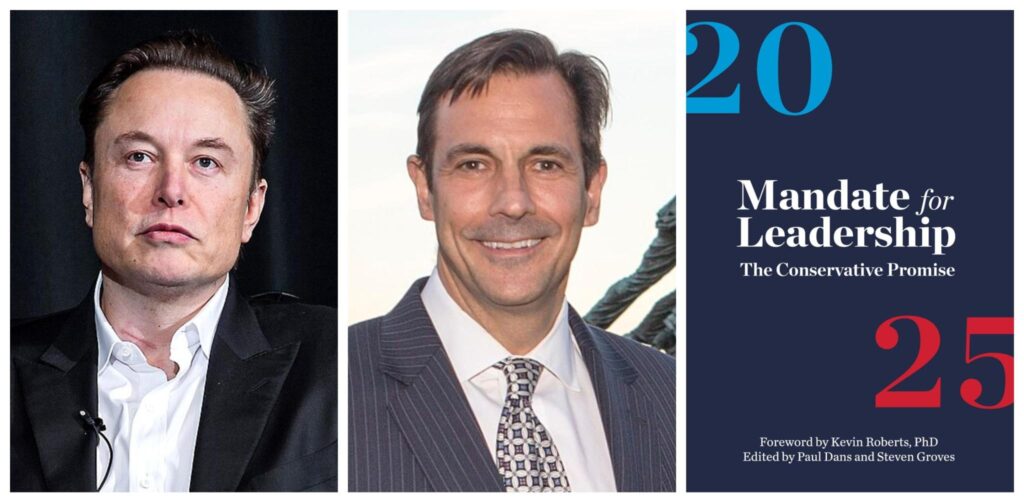That cold, dark question appeared in the latest article by the New Yorker’s incomparable Elizabeth Kolbert, one* of the smartest, clearest and most engaging writers working the climate change beat today.
Kolbert was quoting Ken Caldeira, whose Caldeira Lab is part of the Carnegie Institution at Stanford University. And Caldeira was explaining why he thought our ultimate target for human-generated CO2 emissions is zero.
“If you’re talking about mugging little old ladies, you don’t say, ‘What’s our target for the rate of mugging little old ladies?’ You say, ‘Mugging little old ladies is bad, and we’re going to try to eliminate it.’ You recognize you might not be a hundred per cent successful, but your goal is to eliminate the mugging of little old ladies. And I think we need to eventually come around to looking at carbon-dioxide emissions the same way.”
Caldeira’s goal is admittedly dramatic, but his logic is solid, his imagery is compelling and his approach is pragmatic. The only thing he didn’t say was that every great journey begins with a small step – say, Kyoto, in this case.
But the ambition of Caldeira’s goal – and Kolbert’s courage in putting it forth – reveals again one of the things that makes the climate change converation so easy to disrupt: even the people who stare this issue square in the face are daunted by its difficulty. For my own part, I was picking through the New Yorker in bed the other night, came across Kolbert’s piece (complete with a stormy dark photo of the ocean enraged), and I promptly put down the magazine and turned out the light. It had been a long day and I just didn’t have the strength.
I finally read the piece last night (I regret that the New Yorker has not provided a link on line) and found it to be pretty much what I expected – a thorough, balanced presentation of science that makes me really worry about the future of the world.
For those not faint of heart, here ‘s a great Kolbert climate-change primer, the first of her New Yorker Climate of Man series. Better yet, I recommend the book that resulted from that series: Field Notes from a Catastrophe.
Read any part of any of the above, and I challenge you not to agree that, as a first order of business, we should make ExxonMobil, et al, stop mugging little old ladies.
* For the record, the other two on my own list of smart, clear and engaging climate change writers are George Monbiot (Heat: How to Stop the Planet from Burning) and our own Ross Gelbspan (The Heat is On).
Subscribe to our newsletter
Stay up to date with DeSmog news and alerts







